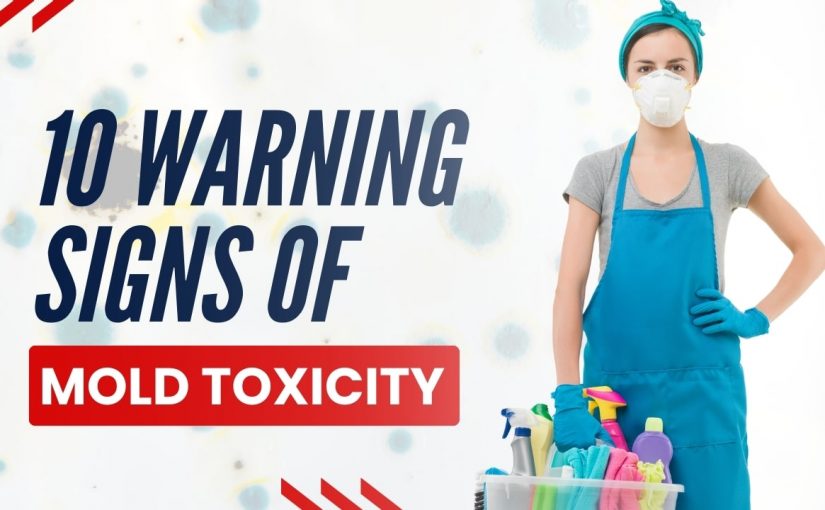What are the 10 Warning Signs of Mold Toxicity?
Molds are omnipresent in the natural environment around us and so anyone can be exposed to them. They are silent invaders that can make a person sick without the person even realizing it. An exposure to toxic mold can have serious health implications, if not immediately addressed by a dermatologist.
Many of us are unaware that mold toxicity can be the culprit of us falling sick and what profound impact its exposure can have on our overall wellness. Knowing about the signs that our body is battling the effects of toxic mold and recognizing them as early as possible can help us have a healthy living place and lead a healthy lifestyle.
In this post, we have uncovered the unseen dangers of mold toxicity. We have listed the 10 warning signs of mold toxicity that you should keep an eye out for. We have even discussed the causes of mold toxicity and how to recover from and prevent mold toxicity. Enjoy reading!
What Is Mold Toxicity?
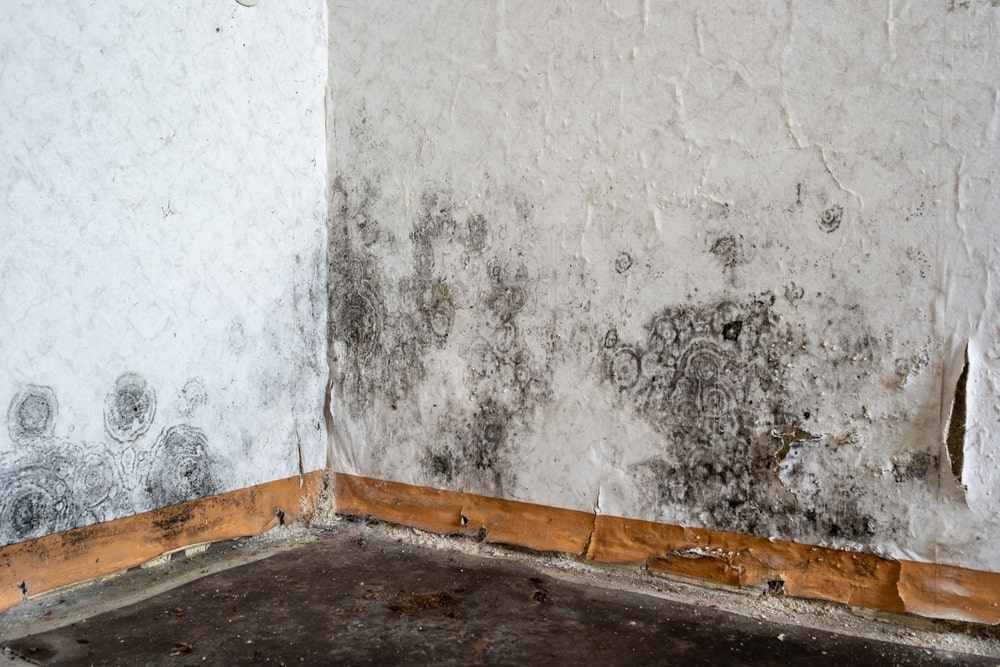
Molds are indoor or outdoor growing fungi that thrive in warm, damp, and humid environments. They reproduce by producing microscopic spores that are released into the air. Wind makes the mold spores travel to distant places. These spores can cause sickness when inhaled, swallowed, or allowed to come in contact with the skin.
Many different kinds of mold including black mold can produce mycotoxins and so they are referred to as toxic molds. Mold toxicity, also known by the name mycotoxicosis, is a health issue faced by an individual on exposure to mycotoxins. Its severity depends on the type and severity of toxic mold exposure, the specific mycotoxins, and the health status of the affected individual.
What Causes Black Mold?
Black mold needs pure water to grow. It develops in areas like walls of homes or buildings where the warm moist or humid air meets a cold surface and condenses. The most common culprit of black mold toxicity is poor ventilation in the property.
10 Warning Signs Of Mold Toxicity:
1. Chronic Weakness and Fatigue:

Persistent weakness and profound exhaustion without apparent cause which does not improve on taking rest could be a red flag of mold exposure as the body is constantly putting efforts to fight the mold allergen.
2. Frequent and Severe Headaches Accompanying light and sound sensitivity or Migraines:

If the migraine symptoms are not getting better with usual treatments, it could be an indication that toxic mold has affected the central nervous system.
3. Neurological and Cognitive Issues:

Prolonged exposure to toxic mold may lead to issues with CNS like memory loss, confusion/brain fog, impaired balance, impaired neuropsychological function, and even neuropathy.
4. Digestive Distress:
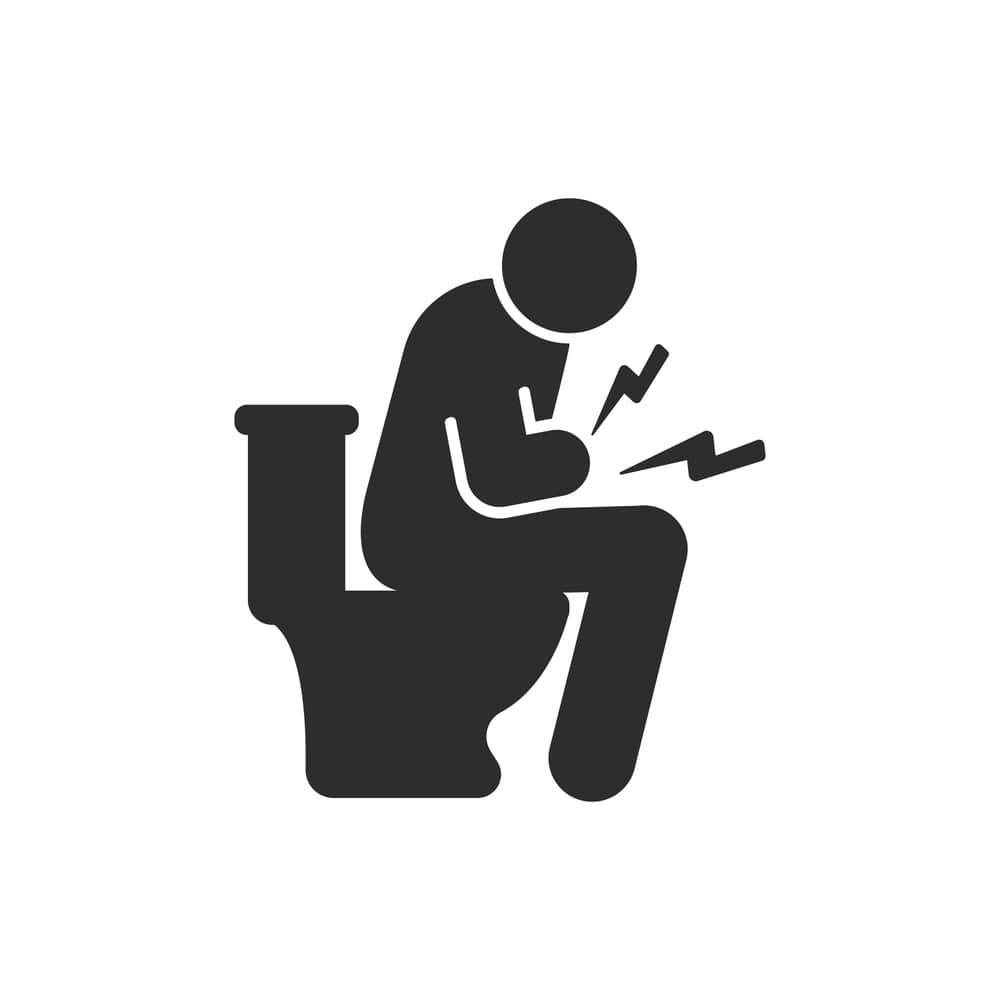
Those having mold toxicity may experience persistent gastrointestinal issues like diarrhea, constipation, bloating, gas, and abdominal pain which can’t be resolved with usual remedies. These occur because of the irritation and inflammation of the gut lining.
5. Persistent Respiratory Problems:
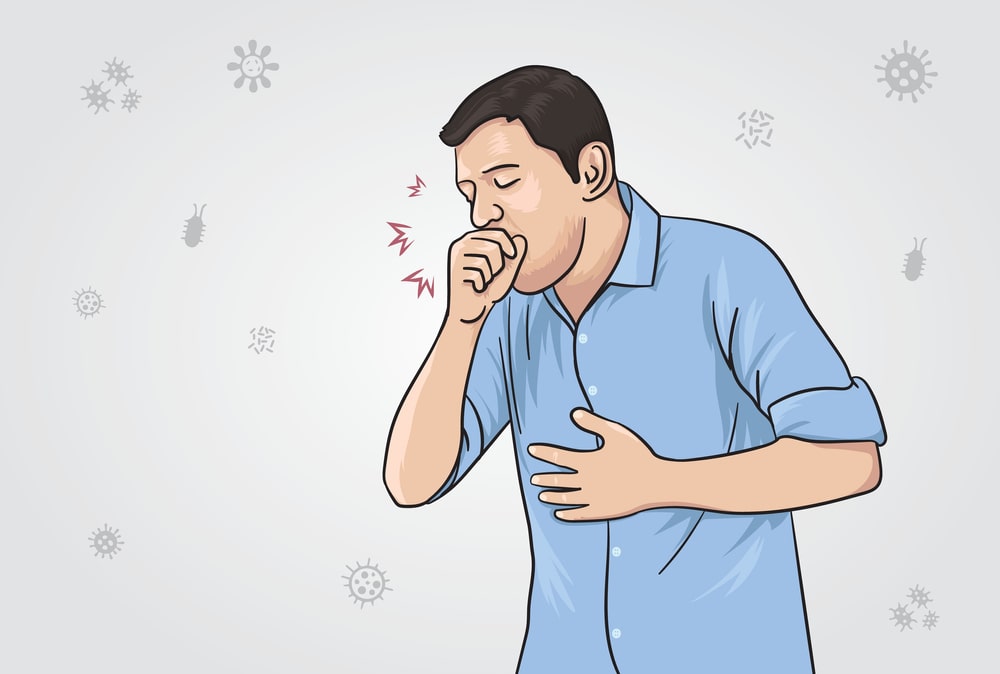
It is the most common warning sign of mold toxicity. Inhalation of toxic mold spores can lead to respiratory illnesses like shortness of breath, coughing, sinus congestion, and wheezing because of irritated or inflamed airways.
6. Unexplained Muscle Aches and Joint pains:
Muscle aches and joint pains can affect any body site and can be intermittent or constant.
7. Vision Problems:
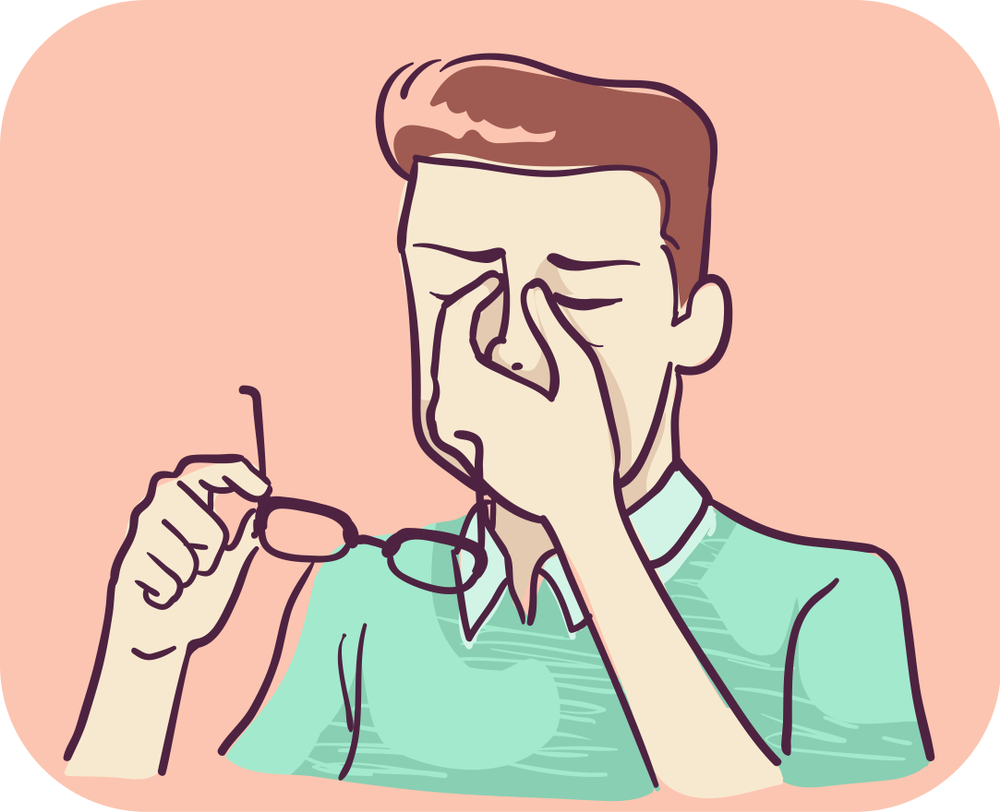
Patients with mold toxicity usually report vision problems like irritated eyes, blurred vision, and light sensitivity that may be persistent and worsen on time or frequently recurring.
8. Symptoms of Hormonal Imbalances:
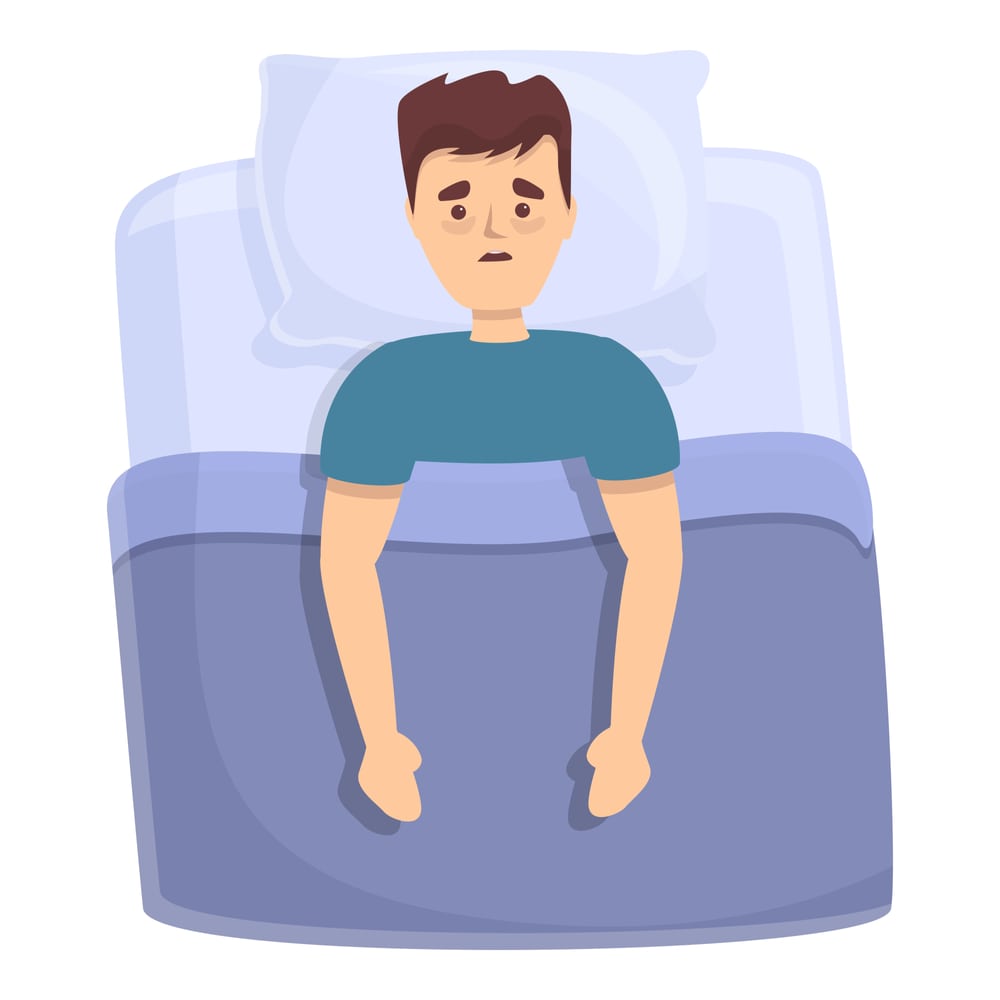
Mold toxicity can lead to a disrupted endocrine system that produces various hormones. The resulting hormonal imbalances cause symptoms like weight gain, temperature regulation issues, sleep disturbance, and abnormal menses.
9. Skin Problems:
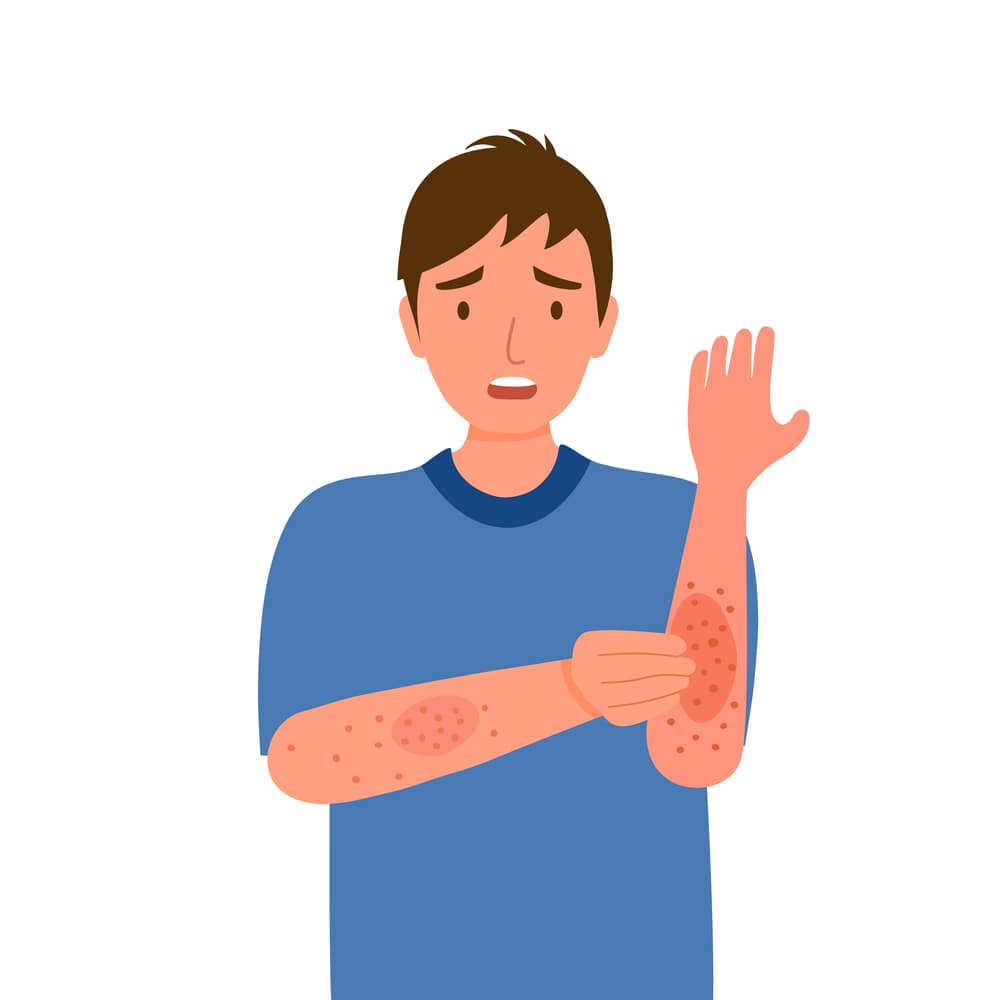
Mold toxicity can trigger an inflammatory response on the skin and cause various skin issues like rashes, hives, and redness as well as blistering and peeling (if severe).
10. Immune System Suppression:
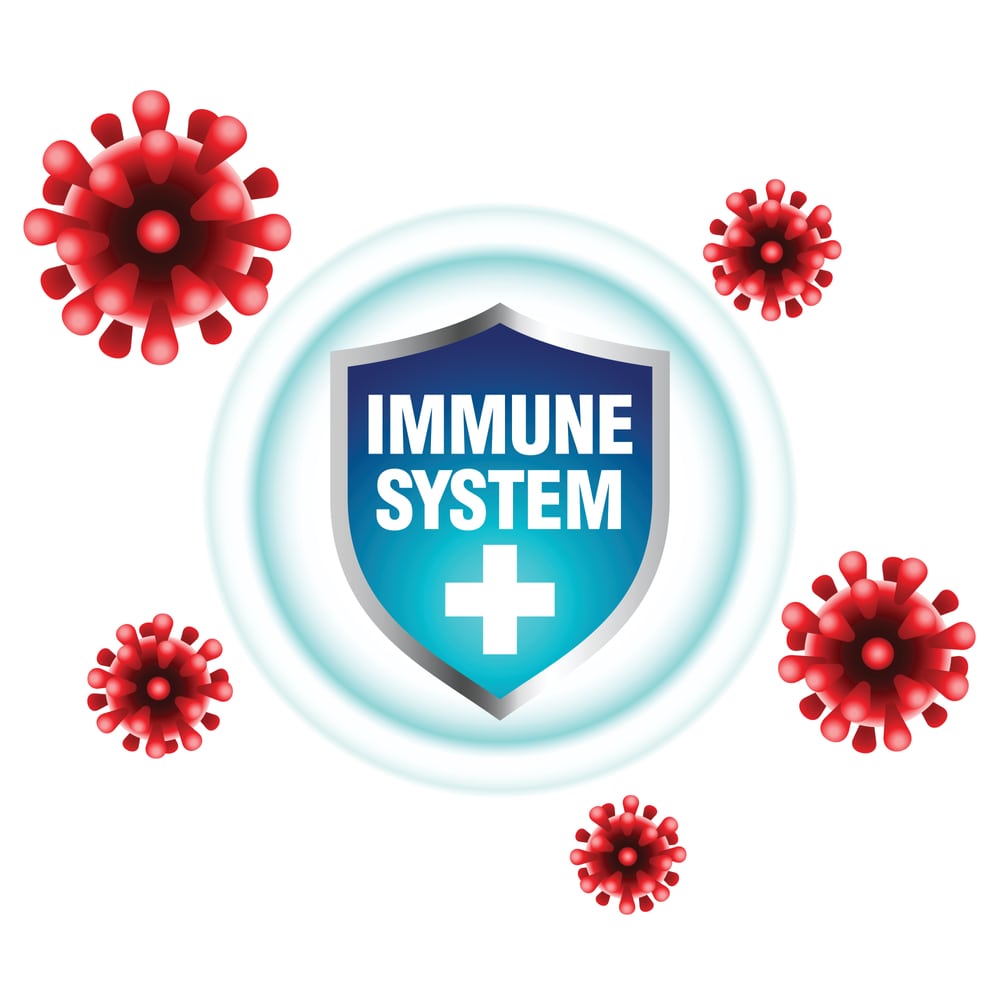
Mold toxicity leads to a suppressed immune system and so causes frequent sickness or infection and delayed healing.
How Is Mold Toxicity Treated?
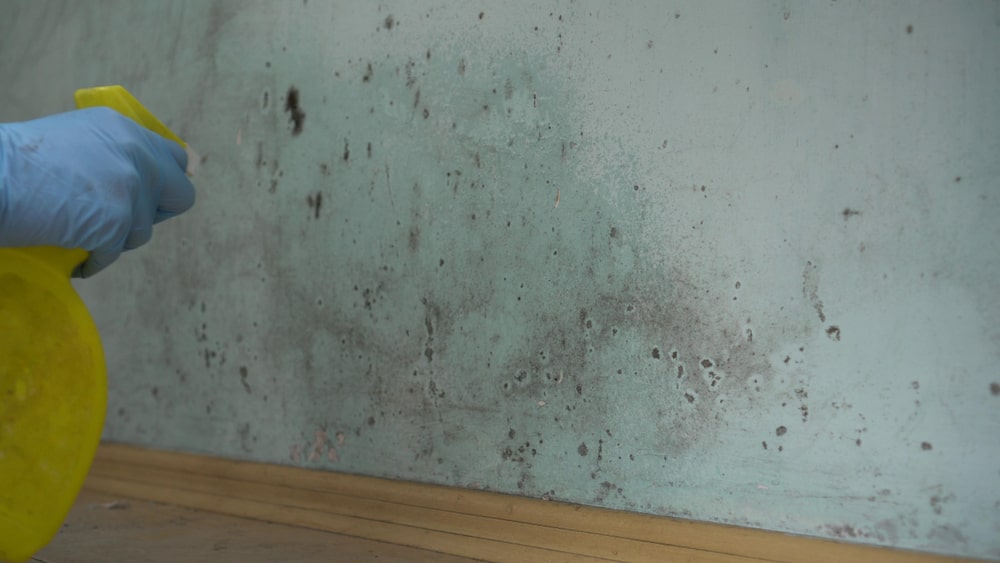
The first line of Mold toxicity treatment typically is avoiding or removing the source- the moldy environment. Next comes following a detoxification protocol as recommended by a dermatologist and finally supporting the natural healing of the body by having a healthy lifestyle.
Medical treatment of mold toxicity involves alleviating the symptoms with medications like:
- Antihistamines and nasal steroids- for reducing allergic response
- Decongestants- for addressing respiratory symptoms
- Painkillers- to relieve headaches and other pains
- Digestive health-related medications
With the right medical interventions and support, one can fully recover from the warning signs of mold toxicity and even from old mold toxicity in months or even years.
Ways To Prevent Mold Toxicity:
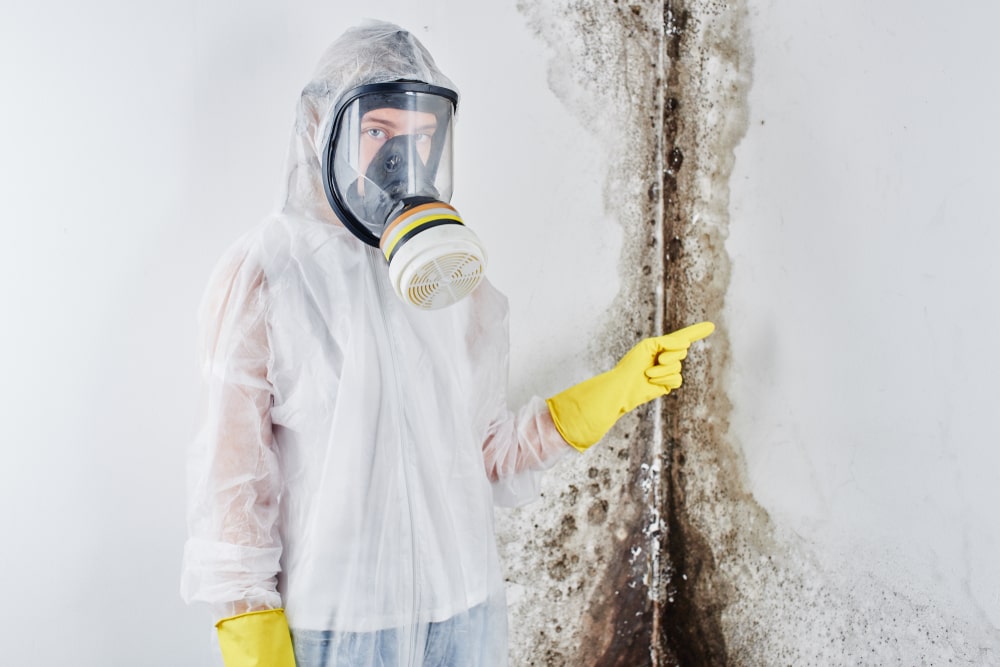
Prevention primarily involves controlling the humidity level in your living or workplaces. To avoid mold toxicity caused by exposure to mold spores it is important to avoid mold growth. Some preventive measures include:
- Using dehumidifiers indoors in the rainy season.
- Keeping the building ventilated.
- Identifying and fixing leaks in pipes, roofs, or walls.
- Immediately cleaning and drying out of damp places.
- Avoid placing carpets in wet areas.
FAQs:
Can Mold Exposure Cause Dizziness?
When being exposed to a mold, there is exposure to the microbial volatile organic compounds (mVOCs) released by a mold directly into the air upon its metabolism. The mVOC exposure irritates the eyes and respiratory system of the infected person and is found to be linked to symptoms like dizziness.
Can Black Mold Cause Migraine Headaches?
For those who have a mold allergy, their immune system can overreact to exposure to the black mold. Mold may enter their central nervous system through inhalation and lead to inflamed mucous membranes, which increases the risk of migraine headaches.
Can Mold Cause Vertigo?
Those who are allergic to mold may experience vertigo attack on exposure to mold. So, people who are not typically prone to neurological symptoms like vertigo could be having it from mould exposure.
Can Mold Exposure Cause Diarrhea?
Gut health can get disrupted by mold toxicity/poisoning and so cause digestive distress like diarrhea. Mold produces mycotoxins which irritate the gastrointestinal system. It negatively alters the gut microbiome and impairs the intestinal barrier functioning.
How Do I Know If I Have A Mold Problem?
The first indication of you having a mold problem is the appearance of mold patches growing in wet areas around you and then the musty odor it produces. You can suspect yourself having a mold problem if noticing warning signs of mold toxicity. To confirm, you will have to consult a dermatologist promptly to manage or diagnose the warning signs of mold toxicity.

